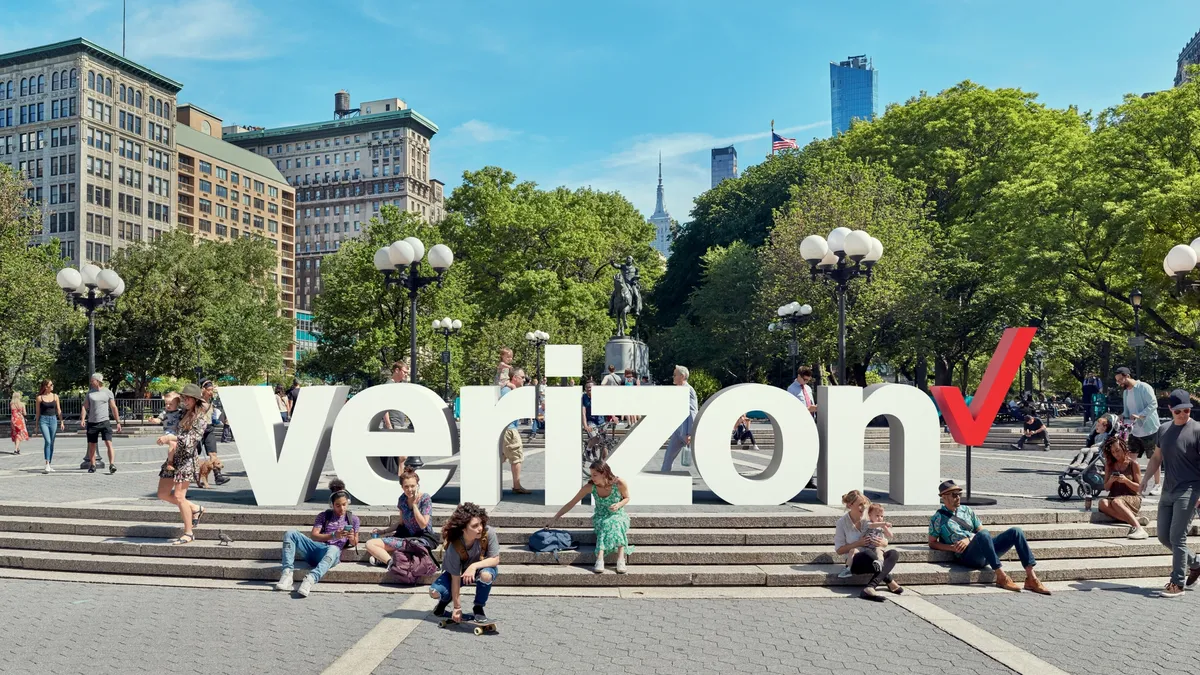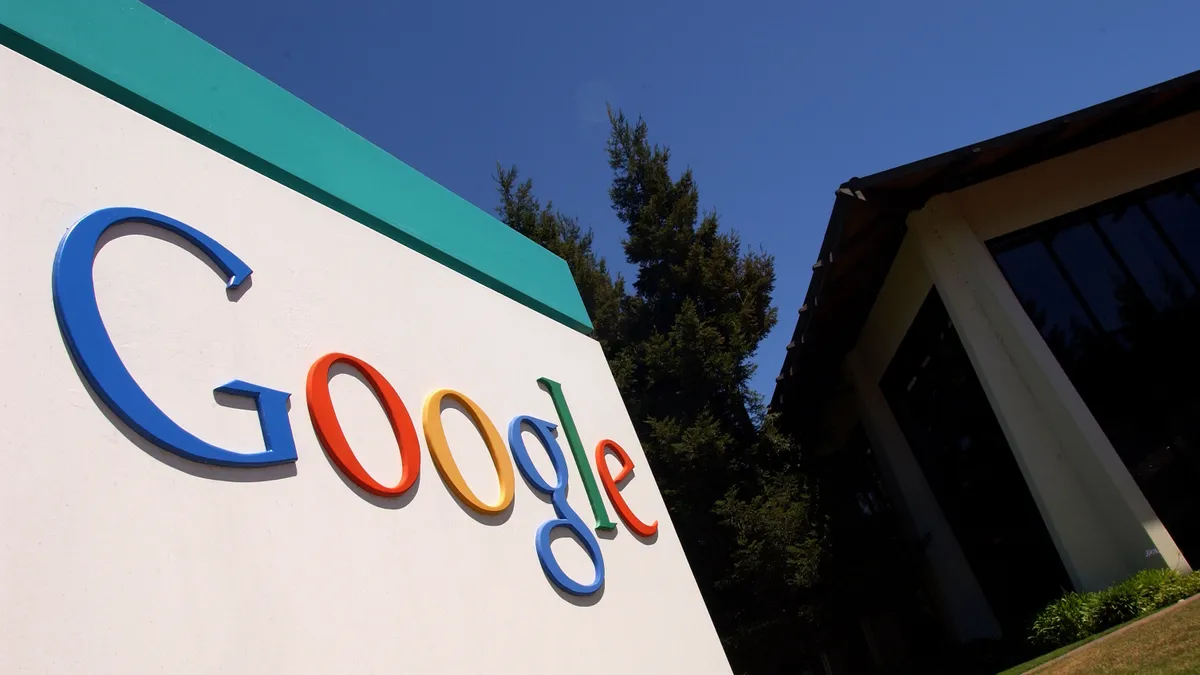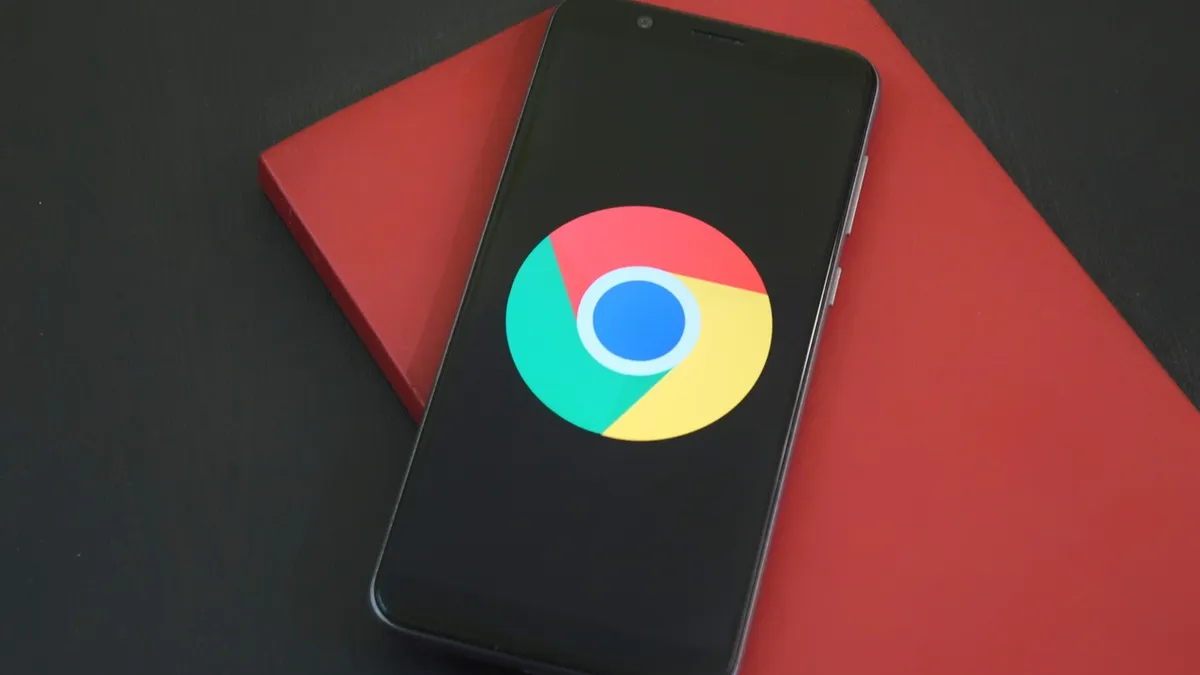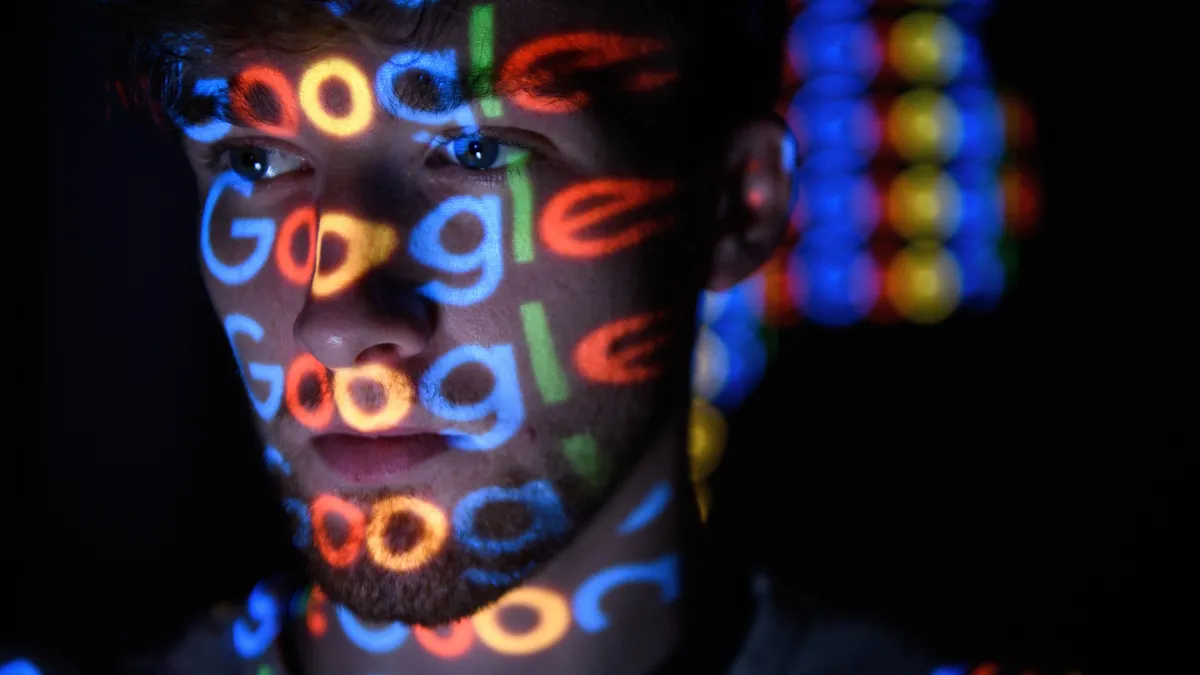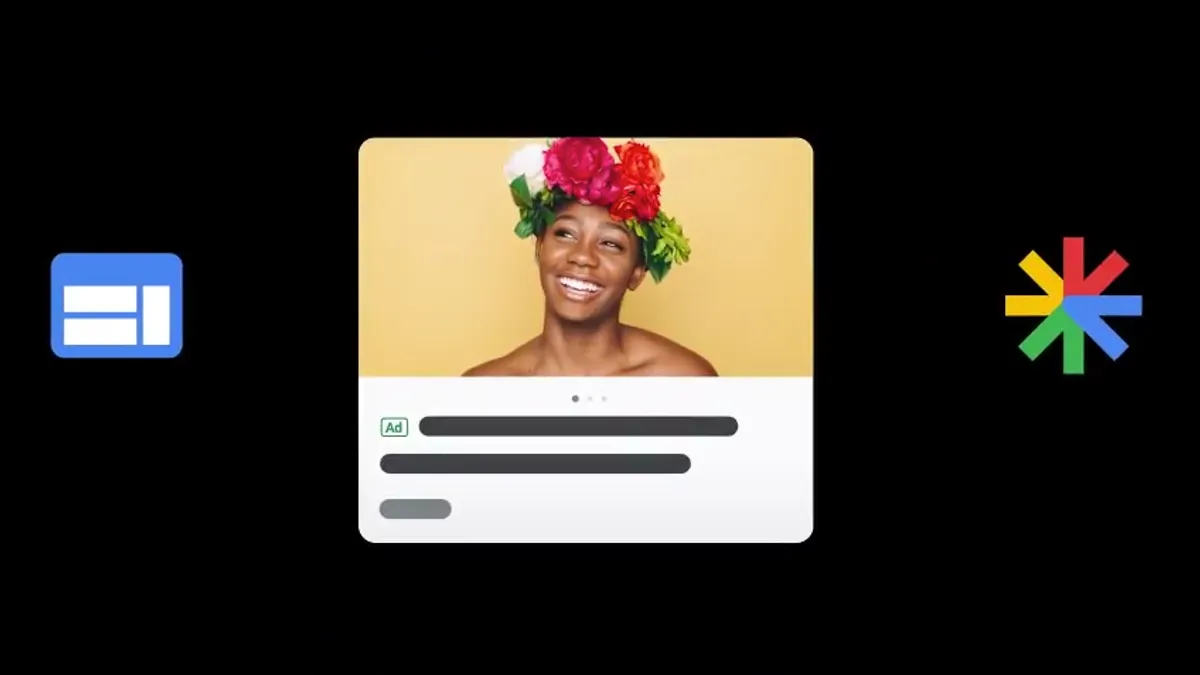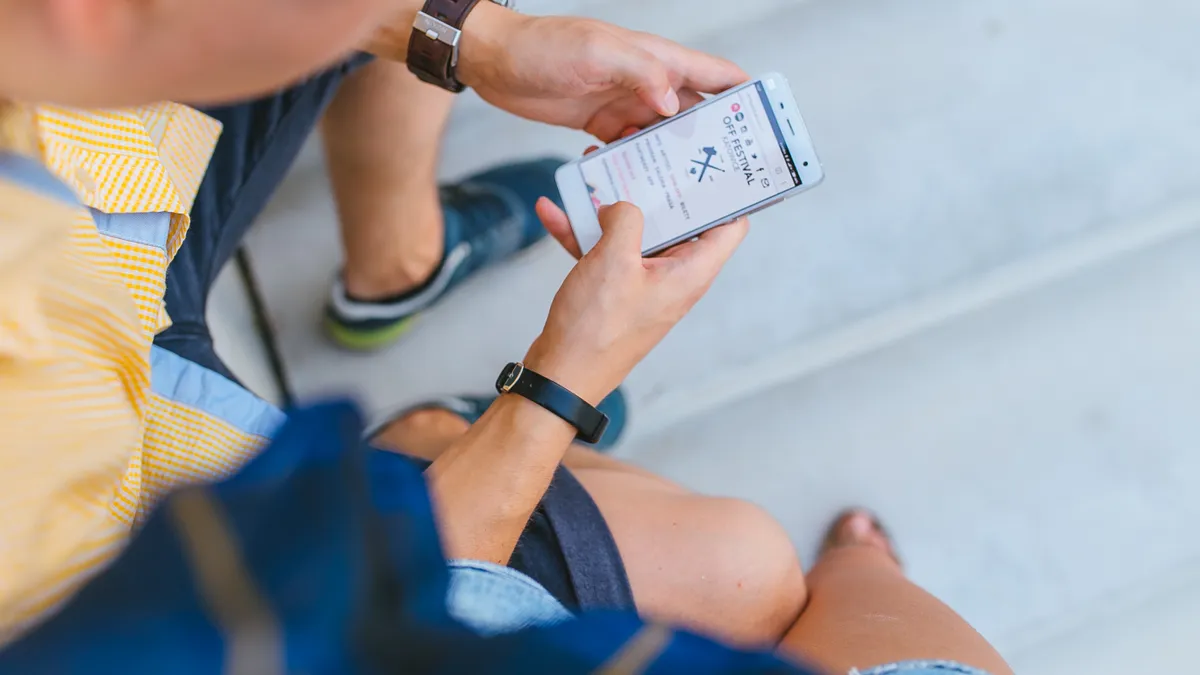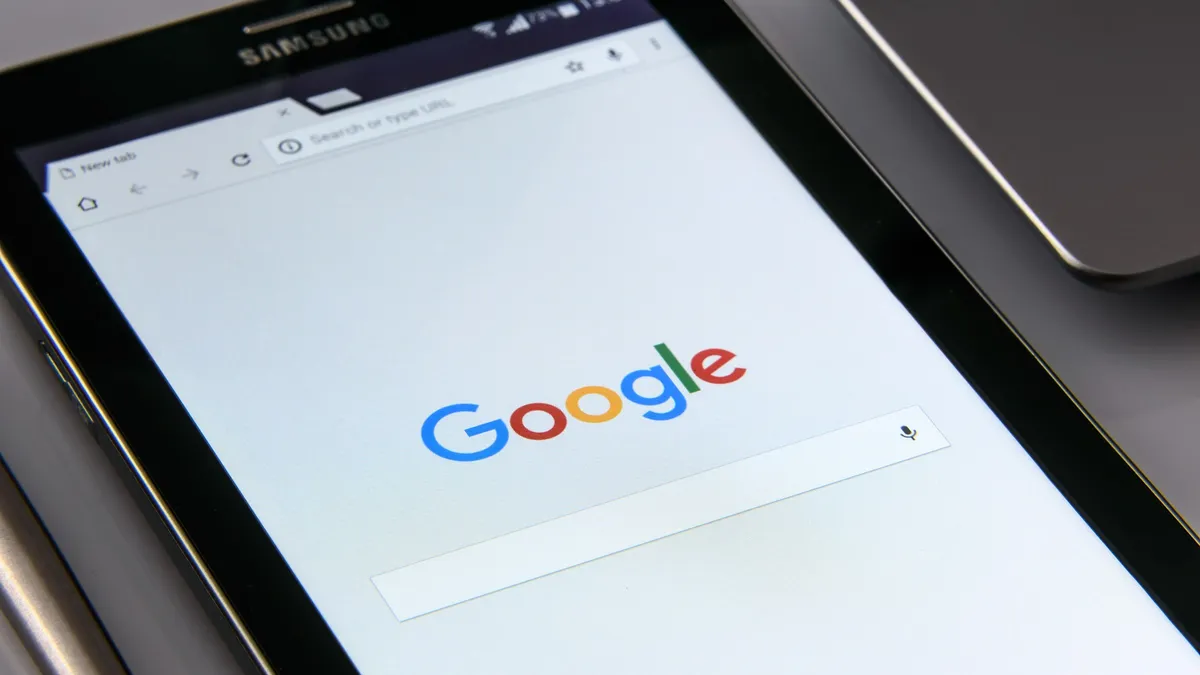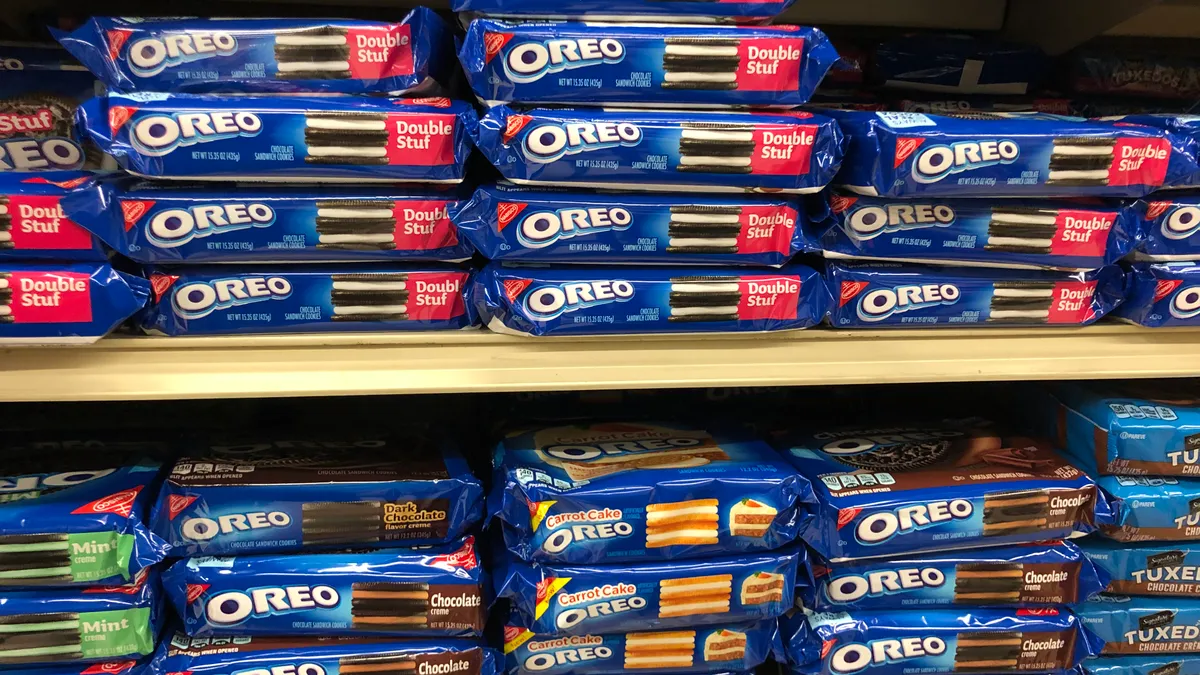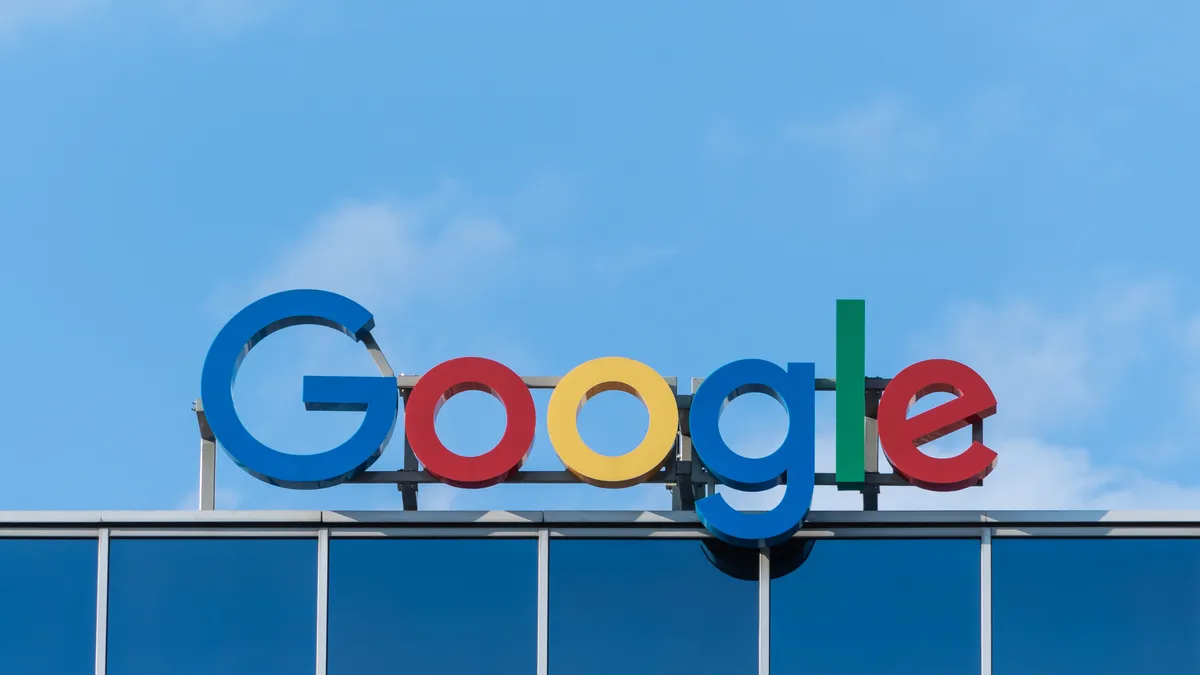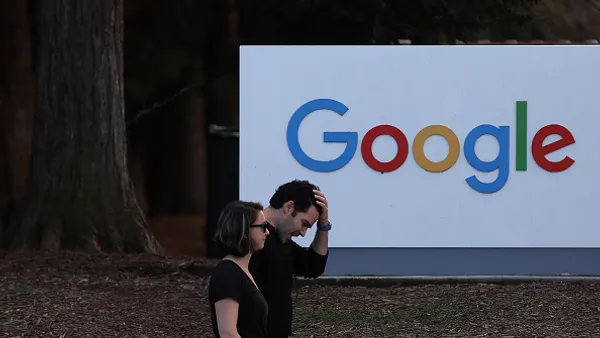Dive Brief:
- Verizon Media this week introduced an audience identity solution that doesn't rely on third-party cookies to help marketers improve the targeting of advertising campaigns among different devices. The company's ConnectID has first-party data for more than 900 million consumers worldwide who use its various online properties such as Yahoo, AOL and TechCrunch, per an announcement.
- Verizon Media captures 200 billion data signals from those consumers to create an identity graph that is deterministic, meaning that it's based on first-party data. The company gathers that information from omnichannel touchpoints that include internet search and its owned-and-operated sites, apps and email.
- Verizon Media also announced several partnerships with data providers such as Acxiom, Equifax, Neustar, Throtle and TransUnion as part of the ConnectID rollout, while Newsweek is using ConnectID for ad targeting on its website. ConnectID is now available in the U.S., Asia-Pacific and select Latin American markets, per the announcement.
Dive Insight:
Verizon Media's rollout of ConnectID is another sign of how the digital media industry will address ad targeting as technology companies like Google and Apple take steps to limit audience tracking because of growing consumer concerns about data privacy. Verizon Media has valuable first-party information about the online activities of hundreds of millions of consumers who use its various services. Not only does the company have millions of telephone, mobile, broadband and cable TV customers, but its various digital media channels like AOL and Yahoo have millions of user accounts worldwide. As consumers engage with its various services, Verizon Media aims to provide audience targeting on a large scale with ConnectID.
Verizon Media is among a growing number of companies that are developing audience identification solutions that don't require third-party cookies, which are data files that websites put on browsers to help with the retargeting of ads. The proliferation of such offerings potentially sets up a challenging environment for brands as they try to navigate the new choices.
Demand-side platform The Trade Desk developed Unified ID 2.0 to measure audiences among advertising channels including streaming TV, browsers, mobile, audio, TV apps and devices with a single ID. Data management platform Lotame in October introduced Panorama ID, which uses deterministic audience data including customer IDs, emails and publicly available web information to track consumers, and lets them opt out in real time among every digital touchpoint, according to the company.
The efforts by these companies became more imperative after Google in January said it would end support for third-party cookies in its Chrome browser by early 2022 unless the media and marketing industries developed other tracking methods. Google's browser is a key pathway to the internet for billions of consumers, having a global market share of 68% on desktop computers and 61% on mobile devices, according to Statcounter.
Apple started blocking third-party cookies in its Safari browser by default this year after giving consumers more control of their usage for the past several years. The company added to the pressure to find an alternative tracking method by announcing it would require app developers to get opt-in consent from its customers to access the Identifier for Advertisers (IDFA), a randomized number Apple assigns to each of its devices. The company this year delayed a plan to enforce the App Tracking Transparency (ATT) feature amid criticism from advertisers, publishers and ad tech companies. More than half (56%) of marketers said they expect a negative effect from Apple's privacy change, per a study by AppsFlyer.
Facebook, which doesn't need IDFA to track people who log into its own apps, criticized Apple's plan by claiming it would would hurt smaller businesses that use IDFA to target consumers through its Facebook Audience Network. In response to criticism from a group of eight civil and human rights organizations that wrote an open letter to Apple CEO Tim Cook about its decision to delay ATP, the company criticized Facebook for collecting "as much data as possible across both first and third party products to develop and monetize detailed profiles of their users, and this disregard for user privacy continues to expand to include more of their products," 9to5Mac reported.
Because Facebook, Google and Amazon are among the "walled gardens" that collect vast troves of first-party data about consumers, they can sell targeted advertising without the need for third-party cookies or device identifiers. Critics have said this difference gives them an unfair advantage compared with other websites that sell advertising. Without a replacement for third-party cookies, an estimated $32 billion to $39 billion in ad spending will shift from the open web by 2025, the Interactive Advertising Bureau (IAB) predicted in February.
Verizon Media is offering ConnectID as the company seeks more advertisers and publishers to use its programmatic platforms to buy and sell digital ad placements. The company is touting its full-stack advertising technology solution with a demand-side platform (DSP) for media buyers and sell-side platform (SSP) for content providers like Newsweek that are looking to maximize the value of their advertising inventories. The full stack gives buyers and sellers a single pool to match bids and offers for improved transparency, transactions and audience insights without any third-party integrations, according to the company.


